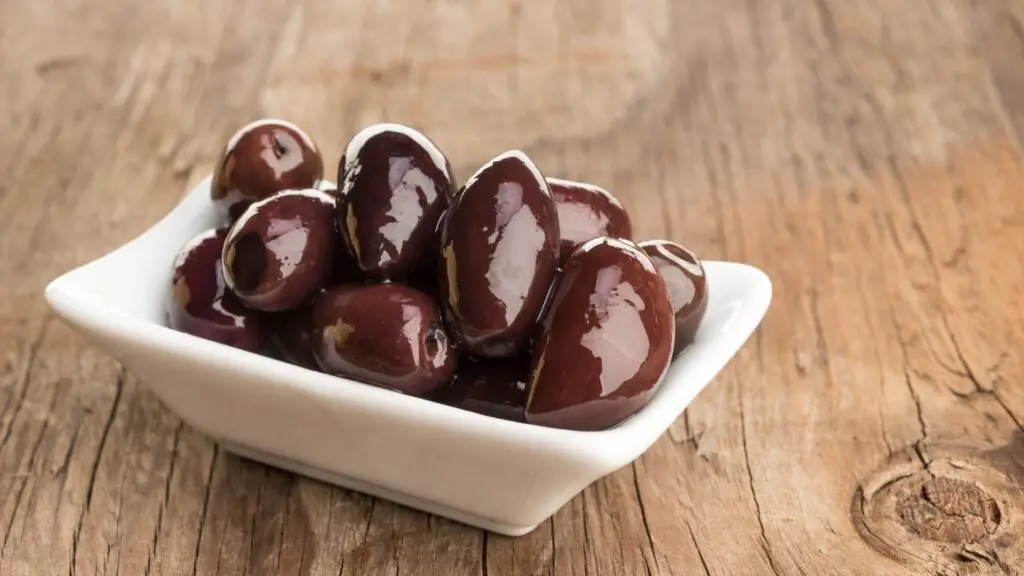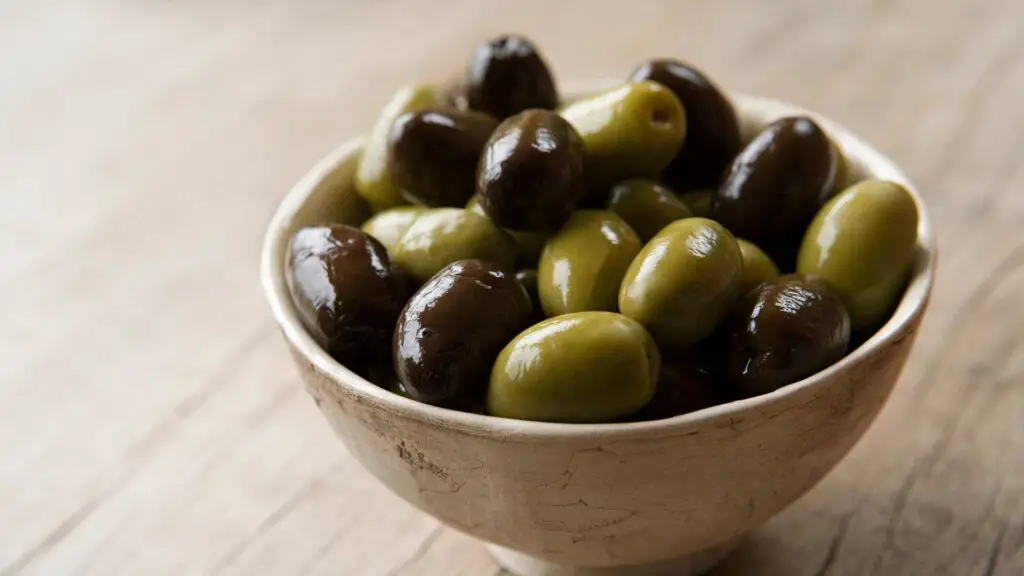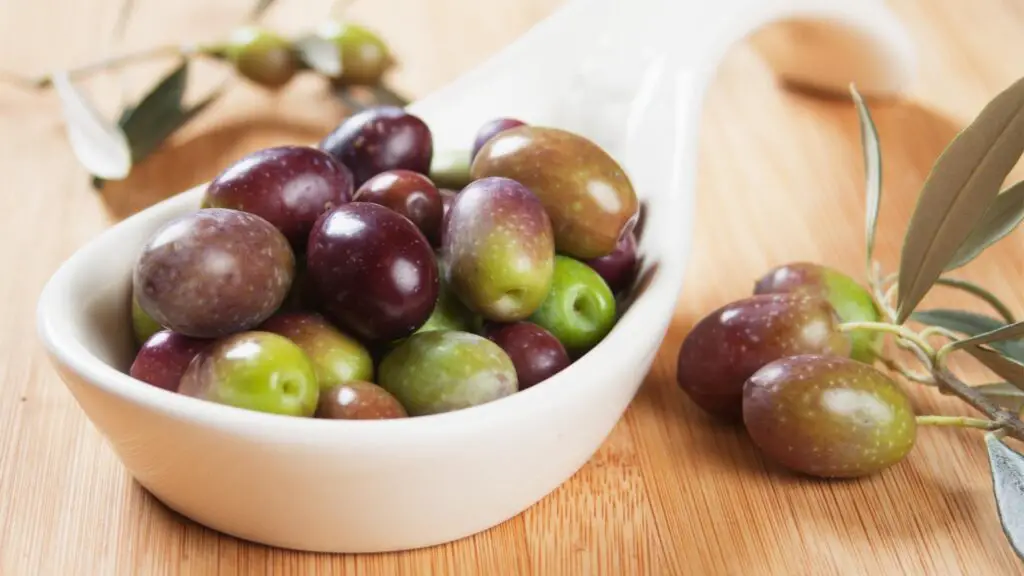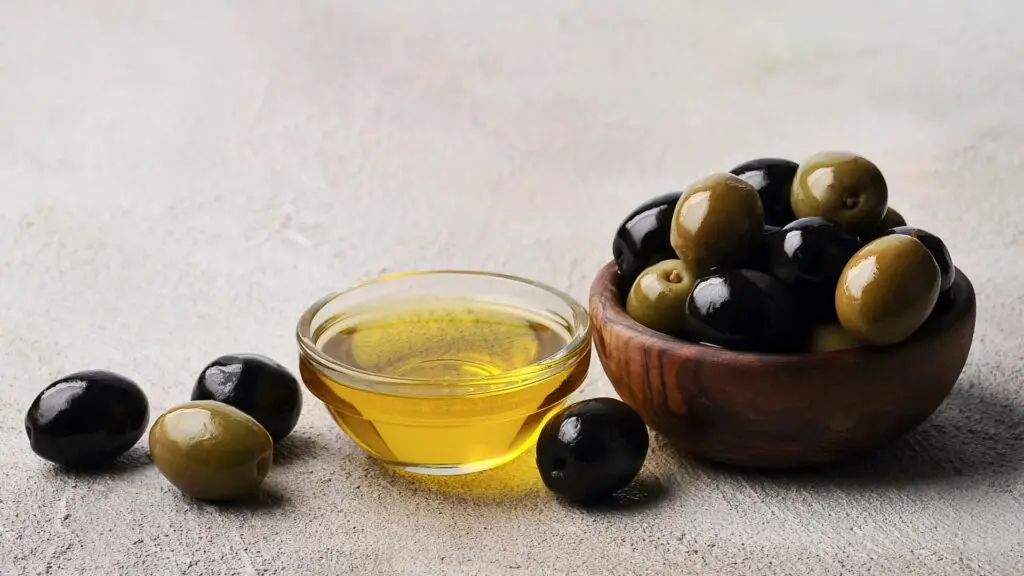Olives are small delicious fruits that grow on olive trees. They are from a group known as drupes or otherwise known as stone fruits. These fruits can be eaten by both humans and animals, such as guinea pigs.
Guinea pigs can eat olives but only the fresh ones and not the processed ones. Olives don’t have vitamin C but with heavy metals, which is critical for the well-being of guinea pigs. That’s why I only offer fresh olives to the guinea pig occasionally.
Table of Content
Are Olives Good for Guinea Pigs? | Health Benefits

There are several benefits attached to olives that may improve your guinea pig’s life:
- Free radicals are a product of metabolism processes in the body but they can cause problems. They can lead to chronic diseases and complications and thus should be dealt with as early as possible. Olives have antioxidants that help with the regulation of free radicals in your guinea pig.
- Olives have compounds and nutrients to reduce inflammation and further prevent it from getting to chronic levels.
- Olives help in boosting cardiovascular health. It has a fatty acid known as oleic acid that is linked to a healthy heart. The fatty acid also regulates the levels of cholesterol in the body.
- Olives have an active compound that has been tested and found to improve the quality of the bones.
Nutrition Facts of Olives

Some of the nutrients present in the fruit include the following:
- Iron – This mineral is useful for oxygen transportation within the red blood cells.
- Vitamin E – Performs various functions in the body together with acting as a potent antioxidant that fights free radicals in the body.
- Copper – A mineral that your guinea pig needs at high levels. Its deficiency can place your pet at risk of heart disease.
- Sodium – Most olives come with high levels of sodium, which is not good for your guinea pig at all.
- Calcium – Essential mineral for the formation of healthy bones and teeth. It is equally important for nerve and muscle function.
- Quercetin – This compound found in olives helps to reduce blood pressure and also boosts cardiovascular health.
- Oleuropein – It is present in olives that are not fully ripe, and it helps with the regulation of free radicals in the guinea pig’s body.
- Tyrosol – This is an antioxidant that doubles up in function as it helps regulate free radicals. At the same time, it maintains good cardiovascular health.
Can Olives Be Bad for Guinea Pigs? | Possible Risks

There are several risks associated with olives that you need to know:
- Presence of heavy metals. This is an inherent risk especially to guinea pigs since they cannot withstand the effects of these metals. Some of the minerals or heavy metals found in olives include tin, lithium, boron, and sulfur.
- Presence of acrylamide. This is a compound that has been linked with olives, causing cancer, according to recent studies.
- Possible allergic reactions. In case you notice anything unusual, you should stop the feeding process immediately. If the symptoms get worse, you can always seek help from a qualified vet.
Quick Facts on Olives

You might think you know everything about olives now, but still, there are facts you probably don’t know yet. The following are some of these facts:
- Olives act as a symbol of peace.
- The seal of Israel state has olives in it.
- The olive plant can live for thousands of years without dying.
- Jewish people are equated to olive oil and olive trees.
- Olive trees do well in soils that aren’t so fertile and sometimes in drought-stricken areas.
- The extraction of olive oil has been a laborious process ever since ancient times and it requires a lot of patience and time.
- Olives symbolize wisdom in some cases.
- Olive oil had numerous uses in ancient times.
We have also made a full list of foods that guinea pigs can and can’t eat (150+ Types of Foods). Be sure to also check our recommended products page for everything you will ever need to assure a happy life for your guinea pigs. Hope this information was helpful and you have found the answer you were looking for.
List of Sources
A Care Guide for Your Guinea Pig (Cavia Porcellus)
How to Care For Your Pet Guinea Pig
The Effects of Diet on Anatomy, Physiology and Health in the Guinea Pig
